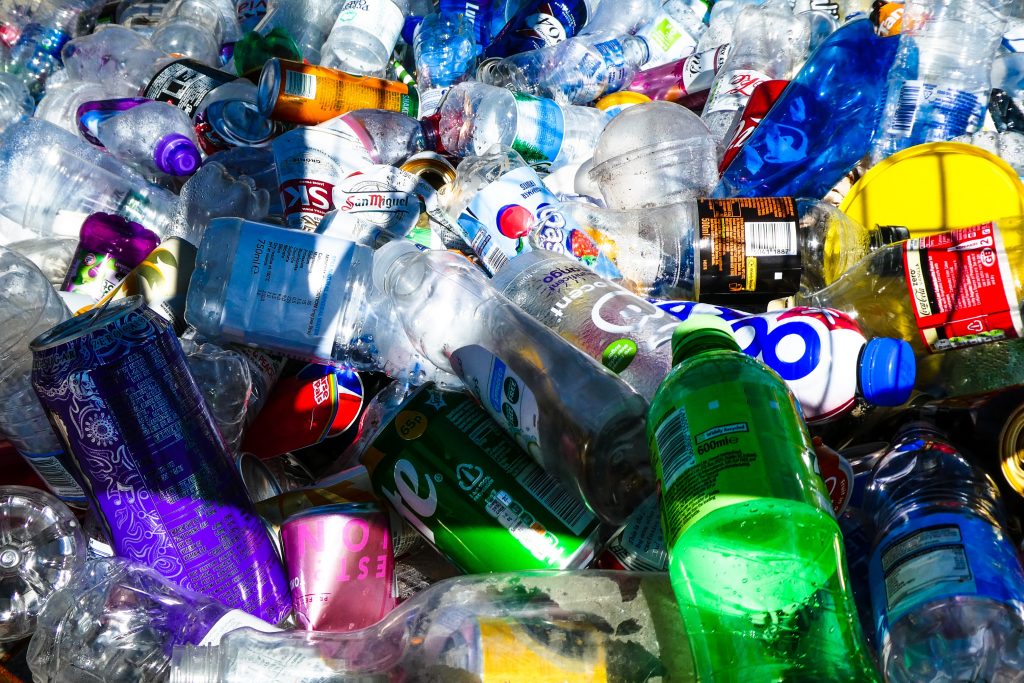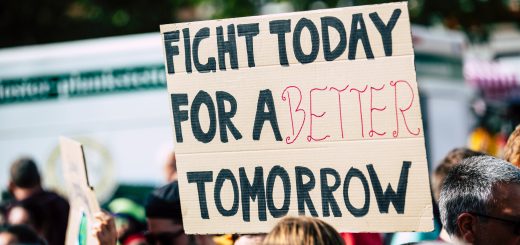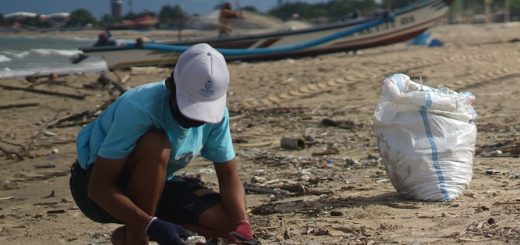Sustainable Waste Management: A panacea for the Plastic Predicament
Plastic pollution has emerged as one of the most pressing environmental challenges of our time. The detrimental effects of plastic pollution on the environment are alarming, and urgent action is required to mitigate its impact. To combat plastic pollution effectively, robust waste management systems are essential This requires a comprehensive approach involving governments, industries, communities, and individuals.
During this #PlasticFreeJuly, we must come together and act decisively and urgently to ensure that waste management becomes the panacea for the plastic problem, paving the way for a brighter future!

A report published by The Organisation for Economic Co-operation and Development (OECD), reveals an alarming surge in plastic waste production over the past two decades, reaching twice the amount from the past. A mere 9% of this plastic waste is successfully recycled, while the majority ends up in landfills, incinerated, or worse, leaking into the environment.
The report highlights that plastic consumption has quadrupled in the last 30 years, largely driven by emerging markets. Global plastics production doubled from 2000 to 2019, reaching a staggering 460 million tonnes. This escalating production contributes to approximately 3.4% of global greenhouse gas emissions, compounding the environmental impact.
Given this bleak scenario, it becomes imperative to prioritize waste management efforts at both governmental and civil society levels. Encouragingly, this is where the role of entrepreneurship and startups dedicated to environmental advancement comes into play.
Entrepreneurs and startups working in the field of waste management can drive innovative solutions to tackle plastic pollution. By introducing sustainable practices and technologies, they can help reduce plastic waste and improve recycling rates.
Moreover, these entrepreneurial initiatives can raise awareness and promote behavioral changes among individuals and businesses. By advocating for the responsible use of plastics, supporting eco-friendly alternatives, and implementing effective waste management strategies, startups can make a significant impact on the global fight against plastic pollution.
As part of our #ConversationsOfChange series, we had the opportunity to engage in a discussion with Rutger de Bruijn, Founder & CEO of NexusNovus. Rutger is a renowned international entrepreneur who focuses on developing waste management solutions specifically tailored for the Indian market.
During our conversation, Rutger shared insights into his personal journey as an entrepreneur specializing in waste management solutions. He discussed innovative ways to effectively utilize biogas generated from waste, the successful deployment of engineering products in this field, and his experiences in understanding waste management practices in both India and South Africa.
Rutger’s expertise and dedication to addressing waste management challenges bring a fresh perspective to this critical issue. His insights shed light on the importance of sustainable waste management practices and how they can be tailored to meet the specific needs of different regions.
Entrepreneurs like Rutger, working towards environmental progress offer hope and innovative solutions. By harnessing their potential, we can pave the way for a cleaner, more sustainable future, mitigating the adverse effects of plastic pollution on our planet.
Finally, it is crucial to emphasize the significant role that education and awareness campaigns play in driving individual behavior change. So don’t forget to check out Climate Asia’s YouTube for more informative content covering various aspects of the climate space.
Together, through education and collective action, we can make a positive impact on our planet’s future.


